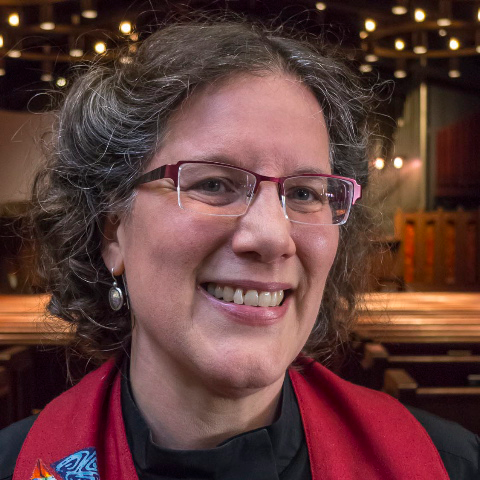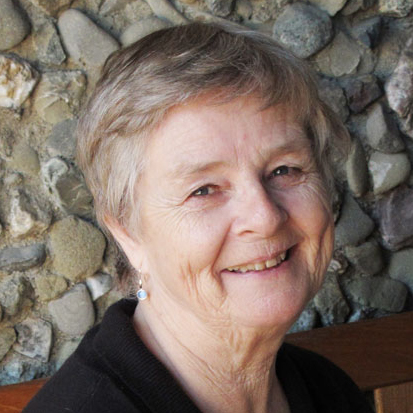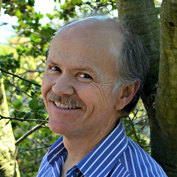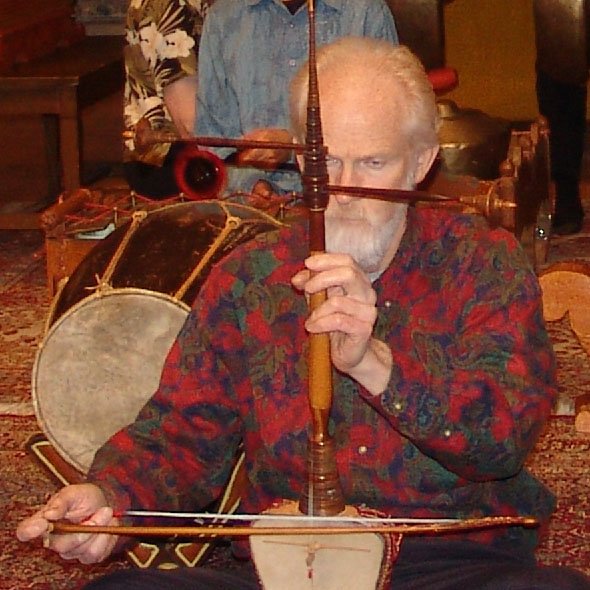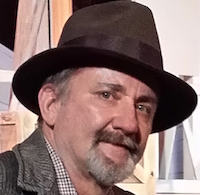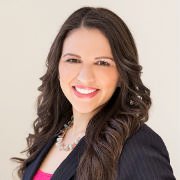I had a difficult first year at college. When I went home in the spring of 2008, I signed up to become a volunteer firefighter in my home town of Severna Park, Maryland. My hope was to take a good year off and serve. But two weeks before the training date I hoped to attend, I got in a motorcycle accident, breaking my right ankle and scarring road burn up my side. 6 months recovery. I was devastated. That same night I knew a major local Obama campaign meeting was happening, with party officials in attendance, to talk about how to gear up for the fall. Leaving the emergency room that evening, I insisted to my dad he take me there. Being the less stubborn half of my personality, he relented as I crutched up the stairs 10 minutes late.
Before the accident I thought I would go knock doors in Virginia for a few weekends to help out. But something changed. Entering the room of 100 people the meeting stopped—a woman in the front row leaped from her chair to give me a seat. My bandages got loose and started dripping a little blood on the carpet as organizers spoke. I just kept listening. Then a topic of conversation came up about the idea of having meetings between Democrats and Republicans, a kind of “50/50 meeting” for people to talk about the common ground we share. “What should we do with this?” asked a facilitator and started pointing to hands.
Let’s just say that my inhibitions were.. diminished with the medication. I stood up, as best I could, and spoke on the importance of building consensus, cutting through the spin and getting to the sacred values that are common among us. Two weeks later, in the midst of that time of deep vulnerability, I was hired by the Obama campaign, and flown to Oakland County, Michigan on July 4th. That week Barack Obama and John McCain were tied for the Wolverine State.
Why did I do that? I could have gone home, rested, and healed. I could still have had a semester or year at home to do soul-searching. I could have backpacked in Europe. But I didn’t even consider those things. That day was one of the most honest and natural of my life, wherein delivering the gifts I had to offer was the only act of satisfaction.
That’s because the vehicle of my gifts, my efforts, my grit was hope. The hope that what I had to offer, that what I could do, would be received and make a difference for a more just and sustainable society. Hope made a rocket of my cast and crutches.
That year we built one of the largest grassroots campaigns in the history of this country. I wasn’t alone in thinking that we were on the verge of a renewed civil rights movement. That with a landslide victory, with the power of millions of volunteers, we were going to build this country for the 21st century. The dreams and cheers of 1963 echoed, not just because a man named Barack Hussein Obama was judged by his character and not the color of his skin, but the echoes of HOPE for CHANGE was to be fully answered. Millions of us launched with that hope, and there are many people who showed more dedication than I did to build a cherry blossom path to prosperity.
But that didn’t really happen. Three thousand organizers were sent home, and our movement sat in darkness for nearly a year. I got calls from eager volunteers asking, what’s next? What do we do now? We’re ready. Meanwhile the same Wall Street insiders who caused the financial meltdown were appointed to high regulatory and policy positions in Washington. Weren’t we going to prosecute some of those guys?… My heart started to ache.
Rev. Dr. King said, “there are those who are trying to say now that the civil rights movement is dead. I submit to you that it is more alive today than ever before. What they fail to realize is that we are now in a transition period. We are moving into a new phase of the struggle… [Before] it was a struggle for decency… to get rid of all of the humiliation and the syndrome of depravation surrounding the system of legal segregation. It is now a struggle for genuine equality on all levels, and this will be a much more difficult struggle. You see, on the first era of the struggle were obtained from the power structure at bargain rates; it didn’t cost the nation anything to integrate lunch counters. It didn’t cost the nation anything to integrate hotels and motels. It didn’t cost the nation a penny to guarantee the right to vote. Now we are in a period where it will cost the nation billions of dollars to get rid of poverty, to get rid of the slums, to make quality integrated education a reality… The allies who were with us in Selma will not all stay with us during this period…”
Today, we seem to still be in that transition. It is a troubled pause that lasted a generation, with some outbursts, some moves of progress, but no national movement and no sustained momentum. The loss of Reverend King was a loss of hope to see this work through for many Americans. But simply finding a new leader is not a straightforward solution. Nor are movements for change without leadership, as many including myself, experienced in the Occupy Movement.
No, we are now entering a new generation of grassroots organizing for social justice. And I hear a lot of reasons for this occurrence and why it’s important— but invite you to suspend your personal theory of social change for a moment. I ask you to consider that the one reason it is important to bring our focus of change to the local level is this—It tells average Americans, average Europeans, average Kenyans and Japanese, that we, citizens, can do it. Here at the home of Rosie the Riveter, we can do it. We can create change of monumental consequence from the 8-person committee that conspires to stop a children’s prison. Or raise the minimum wage. Or lead a ceasefire. When we empower ourselves to have hope for what we can accomplish together, change is contagious.
Dr. King said, “we must shift the arms race into a peace race.” Here in Contra Costa County, we are in the midst of a peace race. Next month our congregation will vote on whether to join the Contra Costa Interfaith Supporting Communities Organization. CCISCO is a leader in the peace race– block by block, with the ceasefire walks in Richmond. In 2013 those walks and other determined efforts by Richmond residents resulted in the lowest homicide rate in 33 years. CCISCO organizes for sustainable urban development, immigration justice and a safe return for the formerly incarcerated. CCISCO is a mutual interest organization, bringing together the needs and agendas of very different churches and congregations into a group common cause.
But it doesn’t stop there. Communities for a Better Environment is leading the way for a safer Chevron refinery, Saffron Strand is making job training a cooperative effort among the homeless, Urban Tilth is sowing the earth with underprivileged children citywide, and the Richmond Progressive Alliance is successfully running candidates for city council, even when outspent by Chevron candidates over 10 to 1. The Mayor of Richmond, Gayle McLaughlin, is leading us through an unprecedented eminent domain program that will stop the foreclosure of underwater properties and stabilize the city. Maybe in 10 years we will answer her call for the establishment of a coop city here. These are the foundational efforts of starting a peace race.
I see few places as inspiring as this one to show we can do it. It’s not just our moral duty to seek justice in our community and those around us, but it is a source of joy and hope to realize the just and sacred bonds between us. We do not need a Martin Luther King as leader to summon that hope or joy, but we do need to embody his Beloved Community as a whole within our caravan of peace. We must be resolute to the things we know and value, and be humble to the honor of learning more. We must find comfort in the eyes of the Other. Peace lies where our visions overlap… let us race there together.
Amen.







